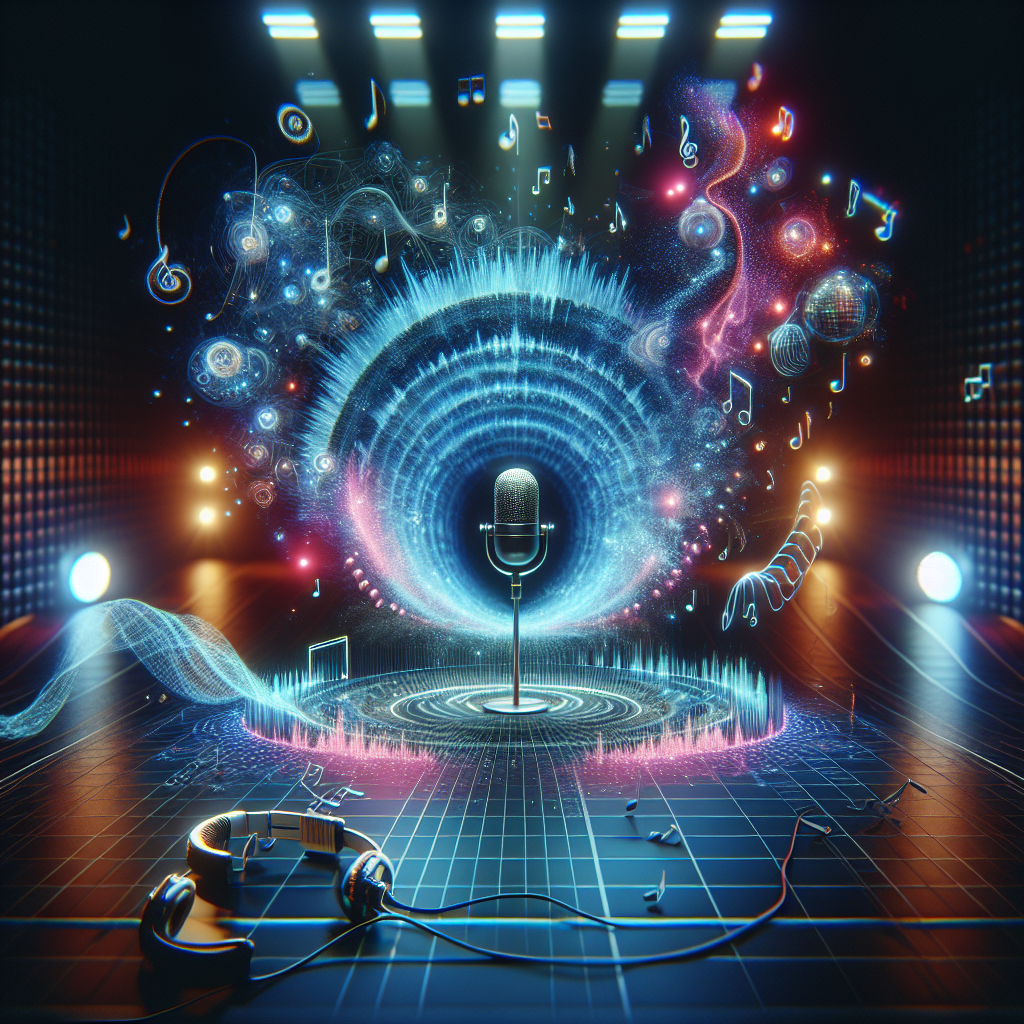Introduction to AI Voice Cloning in Music
Artificial Intelligence (AI) is revolutionizing numerous sectors, and the music industry is no exception. AI voice cloning, a technology capable of replicating human voices with high accuracy, is now reshaping how music is produced, consumed, and owned. This article delves into the nuances of AI voice cloning music industry impacts, exploring its potential to both innovate and disrupt this creative field.
The Mechanics of AI Voice Cloning
AI voice cloning involves training an algorithm on a dataset of audio recordings and corresponding texts to learn to produce the voice of the original speaker. This technology is not just about mimicking the tone but also the nuances of emotion, pace, and accent. Companies like Descript and Modulate are leaders in this field, offering tools that enable creators to generate realistic voice outputs from typed text.
Innovations and Applications in Music
One of the most exciting applications of AI voice cloning music industry technology is in the realm of new content creation. Musicians and producers can experiment with virtual voices, including those of past artists, to create new songs without the need for physical vocal performances. This not only opens new avenues for creativity but also helps preserve and continue the legacies of deceased artists.
Reviving Classics and Creating New Works
Consider the case where AI was used to clone the voice of a late singer to finish an unreleased track. This technology allows artists to experiment with and expand their creative horizons, using voices that are no longer available or creating entirely new vocal elements that do not exist in reality.
Copyright and Ethical Considerations
With the power of AI voice cloning music industry technology comes significant ethical and legal challenges. The use of a cloned voice of a deceased artist, for instance, raises questions about consent and copyright. Who owns the voice of an artist who has passed away? Can their estate control or deny the use of their digital likeness?
Legislation is still catching up with these technological advances, and the music industry is watching closely. The balance between innovation and rights protection remains a contentious issue that will require new legal frameworks and understanding.
Impact on Artists and the Industry
The implications of AI voice cloning are vast for artists living and deceased. For living artists, it offers an opportunity to protect and extend their brand. Artists could license their digital voices for various projects, creating a new revenue stream without ever entering a studio.
However, this also poses significant risks to artist uniqueness and value. If anyone can clone any voice, what makes a particular artist’s voice special? This technology could potentially devalue the individuality of vocal performers.
Looking Ahead: The Future of AI in Music
The future of AI voice cloning music industry integration is both promising and fraught with challenges. As technology continues to evolve, so too will its applications in music creation, preservation, and copyright. Industry stakeholders, from artists to executives, must navigate these changes strategically to harness AI’s benefits while respecting artistic integrity and legal boundaries.
As AI continues to blend with creative processes, the music industry stands on the brink of a new era where technology and art coexist more intimately than ever. The key will be in managing this coexistence responsibly, ensuring it benefits both creators and consumers without compromising artistic value.


